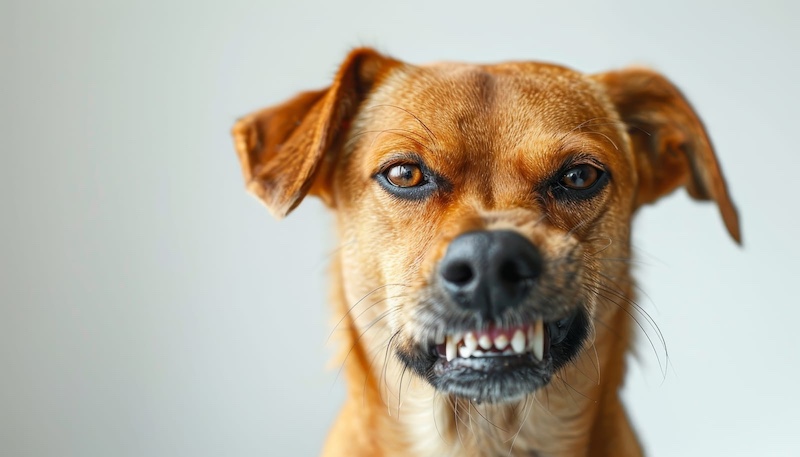Maintaining your dog’s dental health is just as crucial as caring for their overall well-being. Just like humans, dogs can suffer from various dental problems such as tartar build-up, gum disease, and bad breath. Proper dental care can help prevent these issues and ensure your furry friend stays happy and healthy. Here are ten essential tips for keeping your dog’s teeth in top shape.
1. Brush Your Dog’s Teeth Regularly
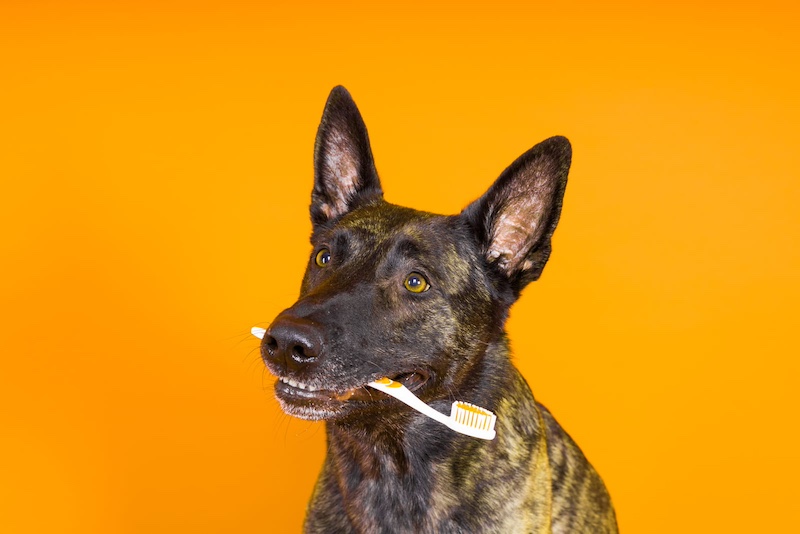
Regular brushing is the cornerstone of good dental hygiene for dogs. Ideally, you should brush your dog’s teeth daily using a toothbrush and toothpaste designed specifically for dogs. Human toothpaste contains ingredients that can be harmful to dogs, so always choose a pet-safe option. Start slowly, allowing your dog to get used to the process. Be gentle and make it a positive experience by rewarding them with treats or praise.
2. Use Dental Chews
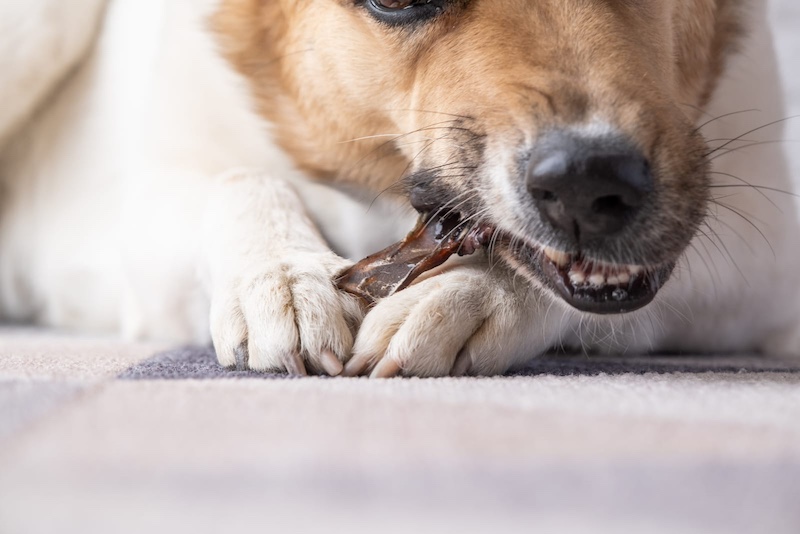
Dental chews are a fantastic way to help keep your dog’s teeth clean. These chews are designed to reduce plaque and tartar build-up, freshen breath, and promote healthy gums. Choose chews that are appropriate for your dog’s size and chewing habits. Make sure the chews are vet-approved and do not contain harmful ingredients.
3. Provide Chew Toys
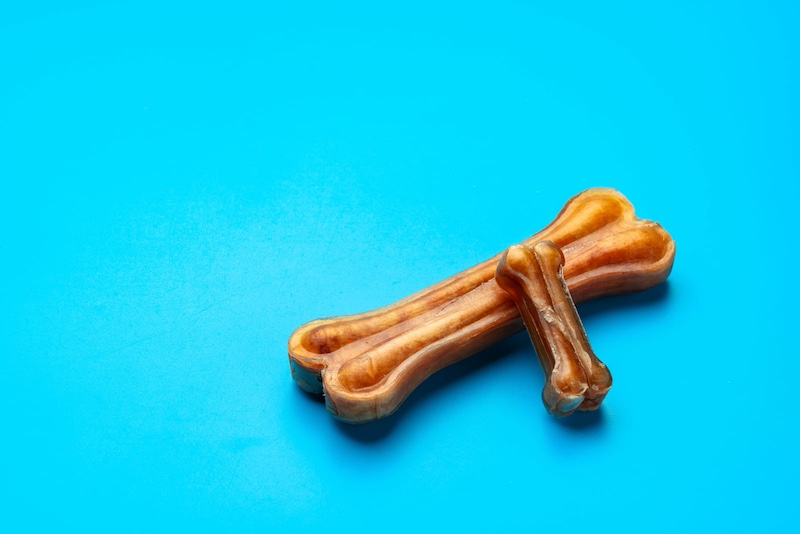
Chew toys are another great way to help clean your dog’s teeth naturally. They encourage your dog to chew, which helps remove plaque and tartar. Look for durable, non-toxic chew toys designed specifically for dental health. Rubber toys, rawhide alternatives, and nylon bones are excellent choices. Always supervise your dog while they are chewing to prevent choking or ingestion of any small pieces.
4. Consider Dental Sprays
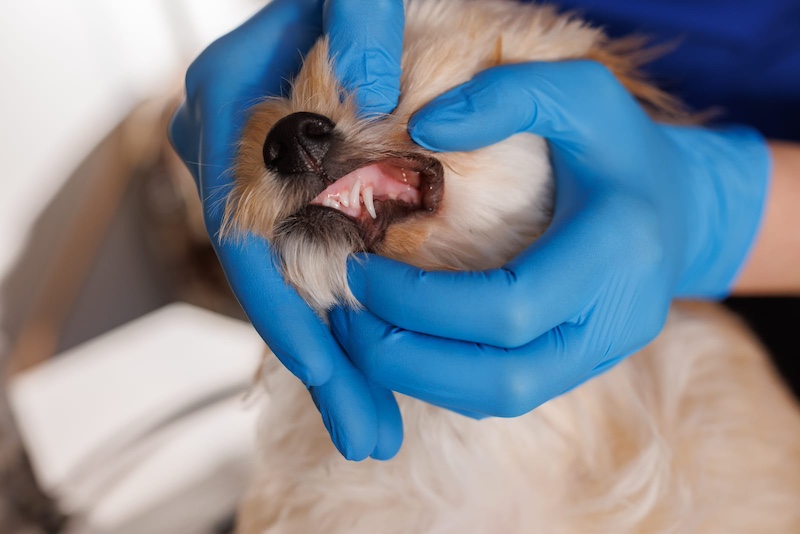
Dental sprays are another tool that can help keep your dog’s teeth clean and breath fresh. These sprays contain ingredients that help break down plaque and tartar, similar to water additives, but are applied directly to the teeth and gums. They are particularly useful for dogs that may resist brushing. Just a few sprays each day can make a difference in your dog’s dental health.
5. Schedule Regular Professional Cleanings
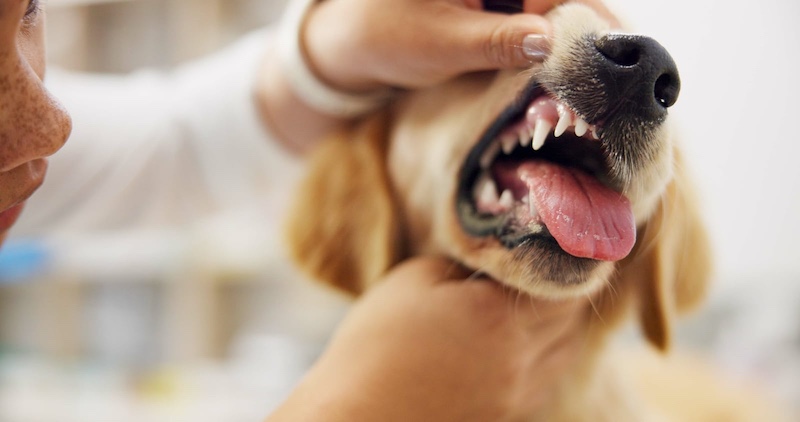
While at-home dental care is vital, professional cleanings are also necessary for maintaining optimal dental health. Veterinarians have the tools and expertise to clean areas that are difficult to reach with regular brushing. They can also identify early signs of dental problems and provide treatment options. Most dogs benefit from a professional cleaning once a year, but your vet can recommend the best frequency based on your dog’s individual needs.
6. Monitor Your Dog’s Diet

A balanced diet plays a significant role in your dog’s dental health. Feed your dog high-quality, nutrient-rich food that supports healthy teeth and gums. Some dog foods are specially formulated to reduce plaque and tartar build-up. Avoid feeding your dog table scraps and foods that are high in sugar or carbohydrates, as these can contribute to dental problems.
7. Use Water Additives

Water additives are an easy way to promote dental health, especially for dogs who resist brushing. These additives contain enzymes that help break down plaque and tartar while also freshening breath. Simply add the recommended amount to your dog’s water bowl daily. While water additives are not a substitute for brushing, they can be a helpful addition to your dog’s dental care routine.
8. Incorporate Dental Wipes
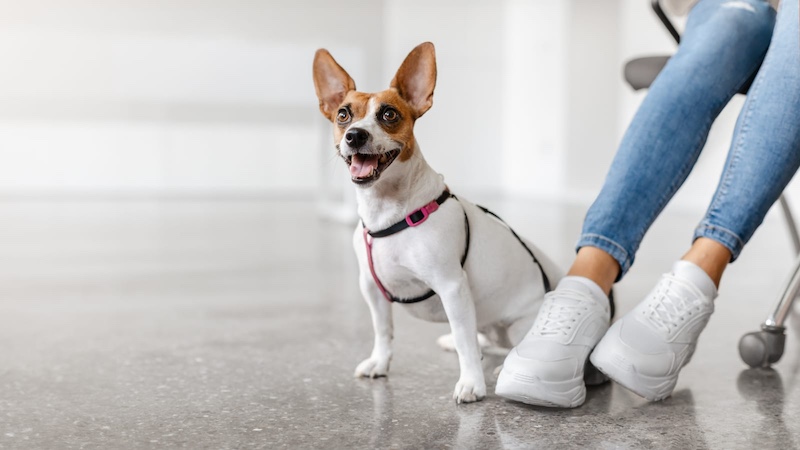
Dental wipes are a convenient alternative to brushing for dogs who are not comfortable with a toothbrush. These wipes are infused with ingredients that help remove plaque and freshen breath. Simply wrap the wipe around your finger and gently rub it over your dog’s teeth and gums. While not as effective as brushing, dental wipes can help reduce plaque build-up when used regularly.
9. Check Your Dog’s Teeth and Gums Regularly
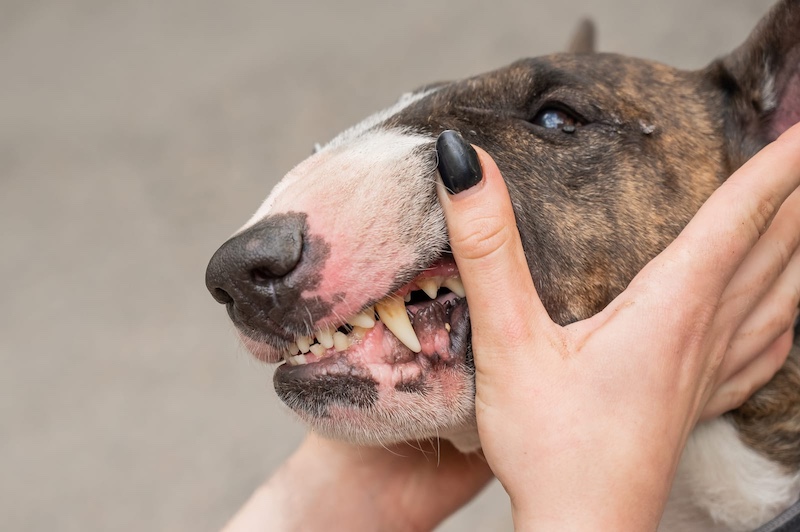
Regularly inspecting your dog’s teeth and gums can help you catch dental issues early. Look for signs of dental problems, such as bad breath, red or swollen gums, loose or missing teeth, or excessive drooling. If you notice any of these signs or if your dog appears to be in pain while eating or chewing, consult your veterinarian for a thorough examination.
10. Avoid Harmful Chewing Habits

Some dogs have a habit of chewing on inappropriate items like rocks, sticks, or hard bones, which can damage their teeth. Broken or chipped teeth can lead to pain and infection. To prevent this, provide safe, vet-approved chew toys and discourage your dog from chewing on harmful objects. If your dog tends to chew on inappropriate items, consider using deterrent sprays or consulting with a professional trainer to address the behavior. Please Note: This content was created with the assistance of AI and thoroughly edited by a human before publishing.

